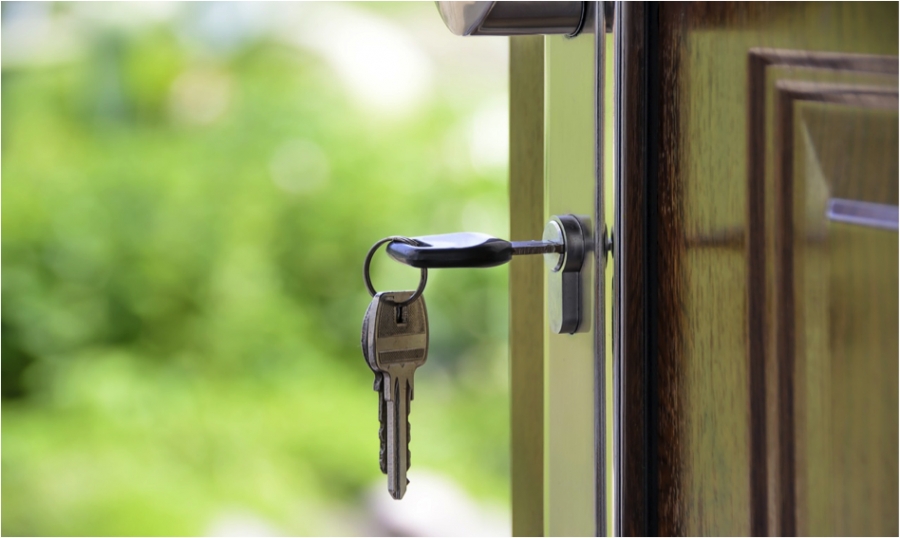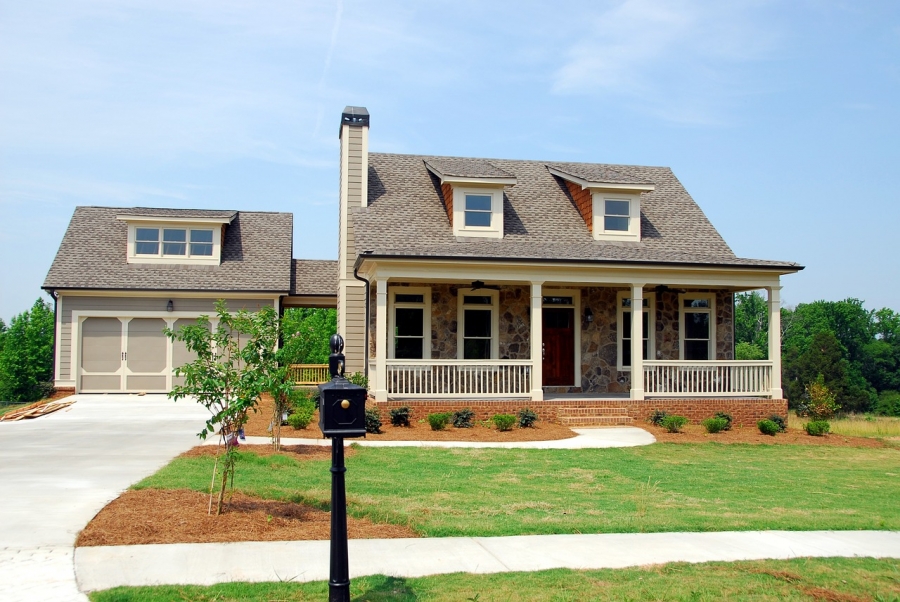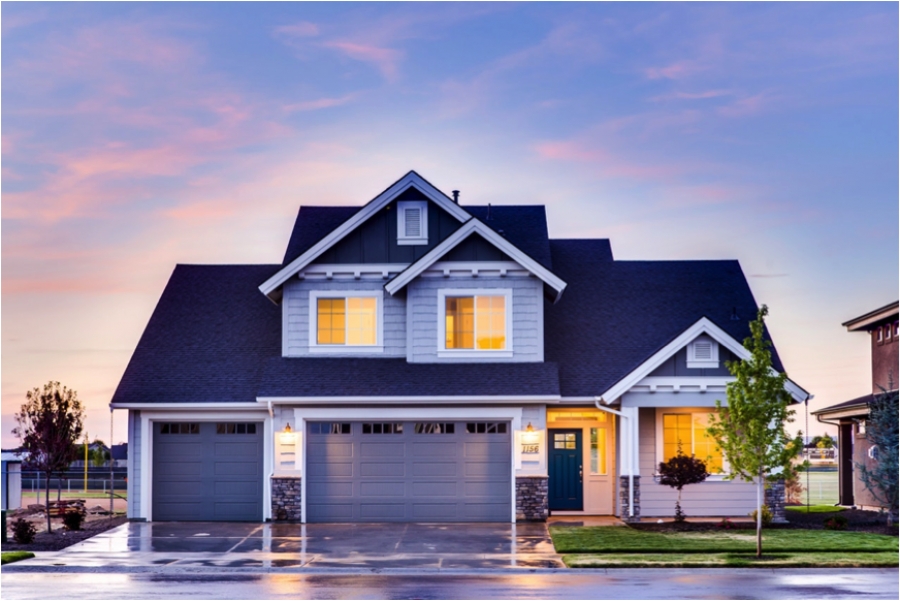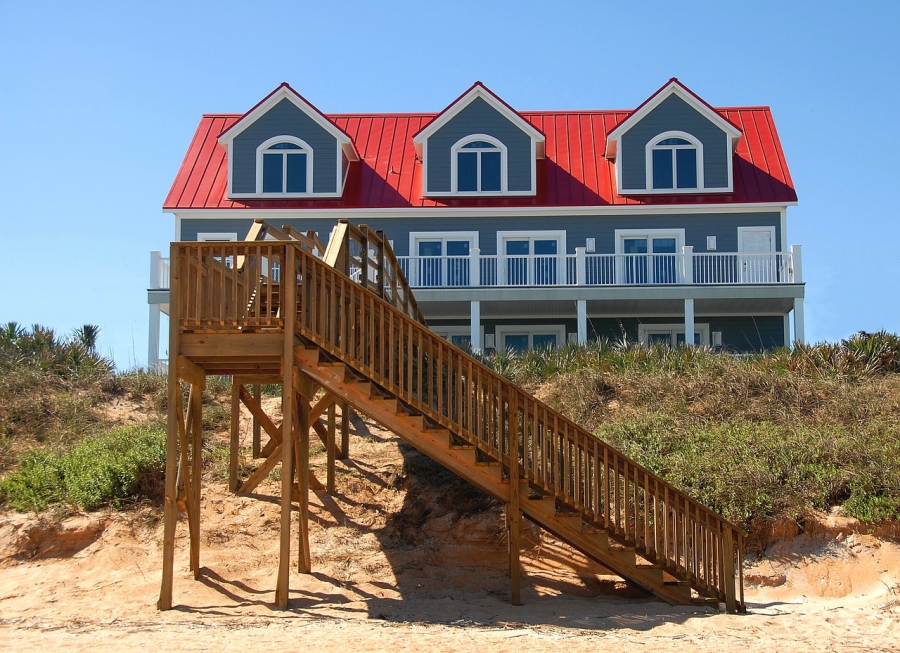The pandemic has put the world on pause. Should you put your Fort Collins or Loveland real estate plans on pause, too?
This article reaches a sizable online audience, so there’s not just one answer to this question. In direct conversation with you—one-on-one—this question could be answered with specific reference to your location, property, finances, and desired outcomes, but there would still not only be one answer to this question.
Real estate, by its nature and its tremendous location-driven diversity, makes that question open-ended, with many possible answers:
• Each option has many perspectives.
• Each property is unique.
• The reasons homeowners love, or are ready to leave, their real estate are unique, too.
The greatest challenge can be uncovering and understanding the full range of options open to homeowners, not just during these bizarre times, but in any market—before making the decision to sell or not.
The seemingly-simple “sell or not” question can only be answered after tackling a series of other questions. Even without the pandemic, making the decision to sell your home is complex and usually involves significant emotional elements:
• If you had planned to list your property this spring, before you abandon that project, take a fresh look at that decision to sell. Identify your crucial criteria and how they may have changed during the pandemic.
• If you are now asking yourself whether you should sell because of the pandemic, the first step is deciding which are the crucial criteria involved in making a good decision to sell now or not to.
Don’t just let conflicting thoughts rattle around in your head. Jot down ideas to get your brain going. Identify issues and goals. Mind mapping may be helpful here. Keep track of what you discover.
What’s driving you?
1. The Heart: Why do you want to move from this home right now?
Is the motivation based on location, family changes, finances, work, or other issues important to you and your family? Prioritize these criteria. For instance, do record-low interest rates provide an exciting opportunity to buy your “dream home?” Has your work shifted permanently online, so where you live is no longer a work-related issue? Has your family situation changed, so that this home is no longer an ideal fit? How is the pandemic affecting your thinking? Will your decision be valid after the pandemic is resolved?
2. The Head: Why do you consider this the right time to cash in your main financial asset?
Pre-pandemic real estate values made many homeowners feel “house rich.” The pandemic has created stock market volatility and unexpected financial pressures that have devastated savings, investments, business assets, job security, financial prospects, and lives. Will real estate values in your area remain at, or return to, pre-pandemic levels? This financial pressure or its related uncertainty may be a driving force in your decision to sell. Does that make it the right decision?
No one knows the future, but a lot of people talk like they do. Be skeptical.
Real estate professionals are excellent resources and are experts at decision making. Real estate markets are local. Locate knowledgeable local professionals who understand the type of real estate you are interested in. Ask them what all your options are since their broad experience has taught them a degree of creativity that will amaze you.
Stick to the original sell decision?
Once you’ve re-examined your original decision to sell this spring, talk to at least one or two local experienced professionals to add a broader real estate perspective. Ask a lot of questions to understand exactly what has changed or improved in your local real estate market:
• Are current buyers intent on significant price declines which may conflict with your selling goals?
• How much could selling in this market net you?
• Are lenders receptive to mortgage lending in your area? Will deals close?
• In uncertain times, planning to close the deal months down the road can be risky. Would it be possible for you to close relatively quickly? How important is that for you?
Real estate professionals can help you separate fact from fiction.
Cash-in in the current market?
If you hadn’t planned to sell this spring, but now feel you should, what’s behind this dramatic change? With so much rumor, unsubstantiated opinion, and fraud out there, take care you don’t fall prey to flawed thinking or fraudulent scams that can take your property from you. Real estate decisions are not easily reversed.
Local real estate professionals can bring you up-to-date with what’s really going on in your area. They can share analysis of local sales and listings to provide solid information on what you could expect from the sale of your home and how quickly. They can explain the “nuts and bolts” of safely showing and selling in this altered “social-distance” market. They’ll also reveal risks that should be considered, including:
• What benefits to selling now do you want to cash-in on? Perhaps, you are concerned real estate values will drop and you’ll lose out on pre-pandemic values. Or, do you see advantages in what you could buy as your next home because of price depression in other markets?
• If you haven’t had time to renovate or modernize the most dated areas of your home, would low listing inventories cause buyers to overlook these failings just so they can now buy a home in their price range?
Real estate professionals can help you separate fact from fiction.
What’s the next step?
Before you get too involved in selling, take time to evaluate what your choices will be once your home is sold and you must move:
• Are you intent on taking cash out of the sale to invest or save? Is this the right time to take advantage of these financial strategies? Be cautious of a financial advisor who encourages the sale or mortgaging of your home to “make a killing” from stock market volatility. Be skeptical. If you lose everything, that advisor would still have made commission on the trades. What will you be left with?
• If you intend to rent once you sell, investigate your preferred rental market to be sure you can find what you want at the price you can afford. The pandemic has had devastating impact on many communities with no end in sight.
• Investigate the market you intend to buy into. What if inventories are so low that your choices are limited? This scarcity may inflate prices. On the other hand, low interest rates should enhance your purchasing power. Less competition from other buyers may give you a chance at property that might otherwise have been out of reach.
Should you sell now? Your decision should be based on research and thoughtful consideration, not fear. Relax into the decision. You’ll only be 100% sure in hindsight. Choose the answer that you can live with and thrive on.
Message me if your thinking about selling your Fort Collins or Loveland home at m.me/EdPowersRealEstate










